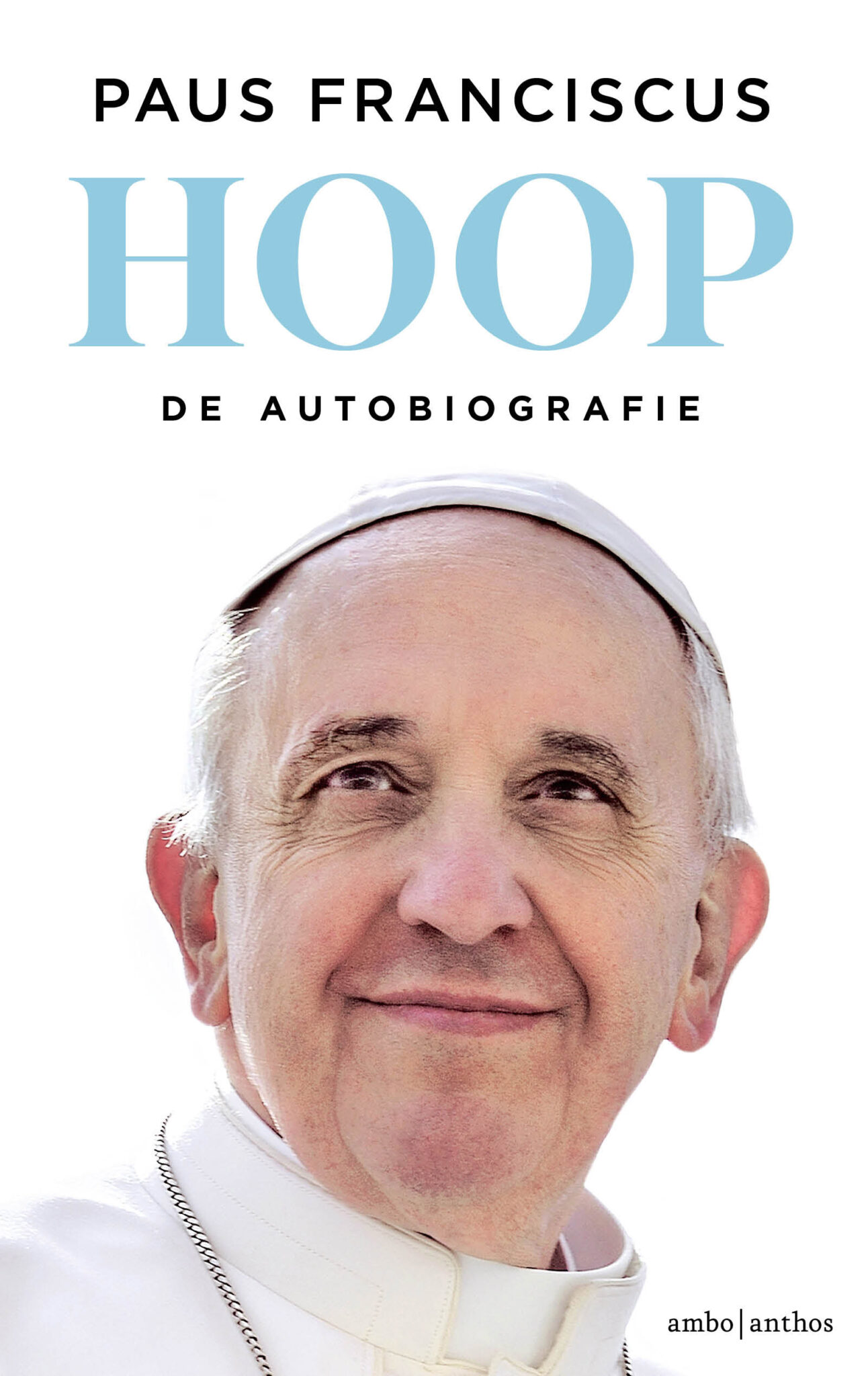Can a Pope truly encapsulate the essence of his life and papacy in mere words? In his new autobiography, Hope, Pope Francis does exactly that. The book offers an unprecedented glimpse into the man behind the papal robes, revealing not only his personal journey but also his profound reflections on global issues. This is more than just a memoir; it is a testament to the resilience of faith and humanity.
In the first excerpts from the pope's new autobiography, he delves deep into his childhood and family history. Born Jorge Mario Bergoglio in Buenos Aires, Argentina, Pope Francis recounts his early years with vivid detail. He speaks candidly about the importance of humor in his life, emphasizing how laughter has been a constant companion through trials and triumphs alike. Written in collaboration with Carlo Musso, Hope chronicles the pontiff’s life from his humble beginnings to his current role as the spiritual leader of over one billion Catholics worldwide.
Pope Francis' autobiography, Hope, spans a wide array of topics, reflecting the breadth of his experiences and convictions. From war and migration to the environment and religion, the pope addresses some of the most pressing challenges facing humanity today. His insights are both poignant and practical, offering solutions rooted in compassion and solidarity. In discussing migration, for instance, he advocates for policies that prioritize human dignity over political expediency. Similarly, his stance on climate change underscores the moral imperative to protect our planet for future generations.
The book also sheds light on Pope Francis' approach to leadership. Known for his humility and simplicity, he describes his decision to reshape the papacy itself. By embracing a more accessible style, he aims to bridge the gap between the Church and its followers. One of his lasting reforms involves increasing transparency within the Vatican, tackling issues such as corruption and abuse head-on. In doing so, he hopes to restore trust and credibility to the institution.
Throughout Hope, Pope Francis reflects on his own failings and vulnerabilities. This openness sets the book apart from traditional ecclesiastical narratives. Rather than presenting himself as infallible, he acknowledges moments of doubt and uncertainty. Such candor resonates deeply with readers, making the pope appear relatable despite his exalted position. He reveals that at the start of his papacy, he believed it would last no more than three or four years. However, the demands of the time and the significance of the Jubilee Year of Hope in 2025 compelled him to share his story sooner.
Published by Random House, Hope is available in 80 countries, ensuring its message reaches a global audience. The book includes photographs, anecdotes, and reflections that paint a comprehensive picture of Pope Francis' life and legacy. It serves as both a historical document and a call to action, urging individuals to work toward a more just and equitable world. The pope's vision extends beyond religious boundaries, appealing to people of all faiths and backgrounds who seek meaningful change.
One of the most striking aspects of Hope is its emphasis on the interconnectedness of all living beings. Pope Francis argues that addressing global crises requires collective effort and shared responsibility. Whether discussing poverty, inequality, or environmental degradation, he emphasizes the need for unity and cooperation. His message is clear: we must act now if we hope to secure a brighter future for generations to come.
The publication of Hope marks a significant milestone in the pontificate of Pope Francis. It provides valuable insight into his thoughts, motivations, and aspirations. At a time when the world faces unprecedented challenges, the pope's voice offers guidance and inspiration. Through this autobiography, he invites readers to join him in striving for a world where peace, justice, and love prevail.
In addition to its literary merits, Hope holds immense cultural and theological significance. As the first autobiography ever published by a sitting pope, it breaks new ground in the annals of Catholic history. Its release coincides with the Jubilee Year of Hope, adding further weight to its message of renewal and transformation. The book has already garnered widespread acclaim, praised for its authenticity and depth.
Ultimately, Hope stands as a testament to the enduring power of faith and optimism. Pope Francis reminds us that even in the face of adversity, there is always reason to hope. By sharing his life story and vision, he inspires others to embrace their roles as agents of positive change. This remarkable work will undoubtedly leave a lasting impact on those who read it, reinforcing the pope's reputation as a champion of justice and compassion.



